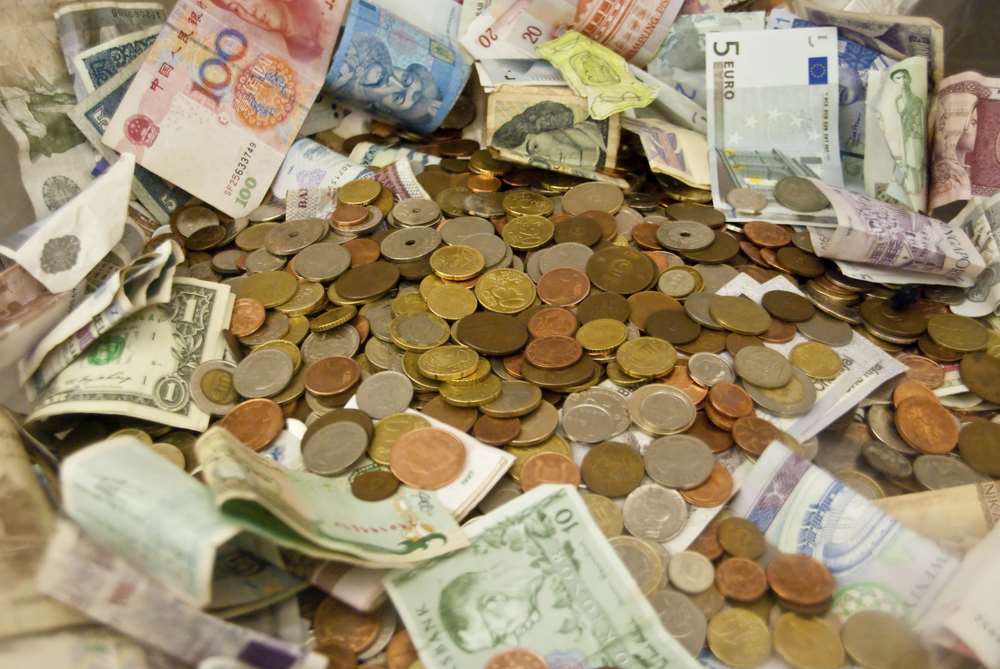Published by Gbaf News
Posted on June 24, 2018

Global Banking and Finance Review is an online platform offering news, analysis, and opinion on the latest trends, developments, and innovations in the banking and finance industry worldwide. The platform covers a diverse range of topics, including banking, insurance, investment, wealth management, fintech, and regulatory issues. The website publishes news, press releases, opinion and advertorials on various financial organizations, products and services which are commissioned from various Companies, Organizations, PR agencies, Bloggers etc. These commissioned articles are commercial in nature. This is not to be considered as financial advice and should be considered only for information purposes. It does not reflect the views or opinion of our website and is not to be considered an endorsement or a recommendation. We cannot guarantee the accuracy or applicability of any information provided with respect to your individual or personal circumstances. Please seek Professional advice from a qualified professional before making any financial decisions. We link to various third-party websites, affiliate sales networks, and to our advertising partners websites. When you view or click on certain links available on our articles, our partners may compensate us for displaying the content to you or make a purchase or fill a form. This will not incur any additional charges to you. To make things simpler for you to identity or distinguish advertised or sponsored articles or links, you may consider all articles or links hosted on our site as a commercial article placement. We will not be responsible for any loss you may suffer as a result of any omission or inaccuracy on the website.
Published by Gbaf News
Posted on June 24, 2018

The Euro is a currency that is adopted by most of the European countries and is the second largest currency in the world after dollars. Out of the 28 European countries, 18 of them use it as their national currency and one major country not using it is the United Kingdom. The European Union countries that adopted this currency together form a region called the Eurozone and is the world’s largest economic regions. The currency which includes notes and coins started in circulation in 2002.
Administration of the Eurozone
The European central bank manages the Eurozone and is the sole authority to make policies about the Eurosystem on behalf of all the EU countries. It is led by a board which consists of heads of the central bank of Eurozone countries which collectively decide on the monetary policies. Notes and coins are printed only by the ECB.
Eurozone interest rates. The other major task of the ECB is to keep a check on the inflation, though the local situation is different in different countries individual countries cannot decide on monetary policies. For fiscal integration, national budgets of EU countries are peer-reviewed post the financial crisis in the global economy in the year 2008.
Advantages of Euro
Euro currency was initially seen as a tool for political solidarity, but it also has great economic benefits for the countries that have adopted Euro as their national currency. Some of them are:
Euro is a best and widely used currency and the adoption of Euro has helped many eurozone countries have better economic growth. In spite of the huge difference in opinion, Euro has helped all the Eurozone countries to stay united a sense of oneness!